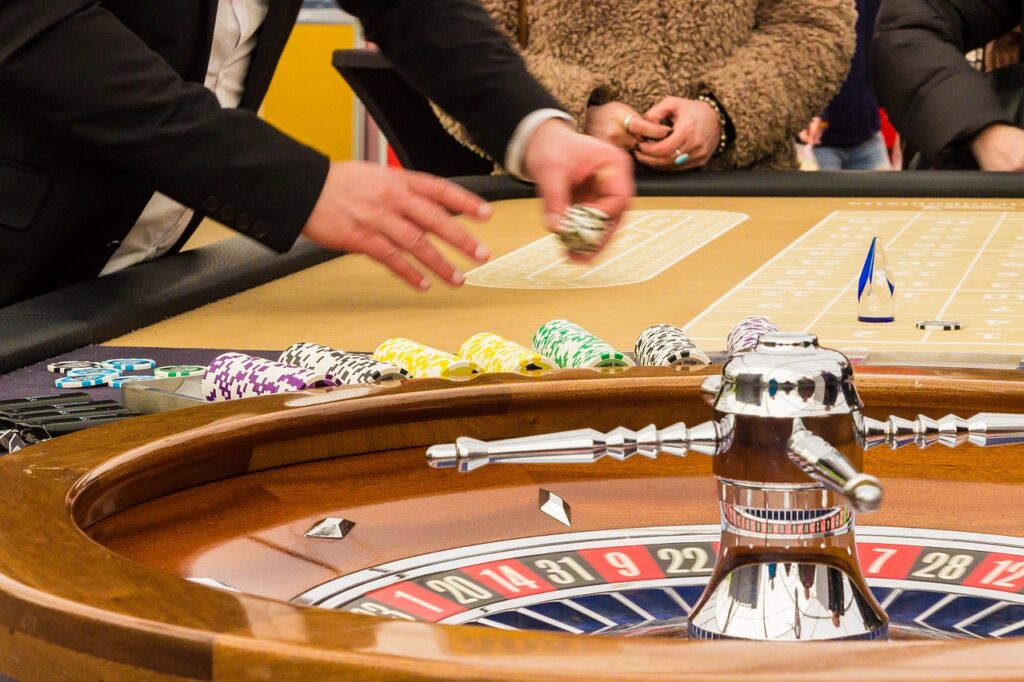
This classification of gamblers was first introduced by Robert L. Custer, a psychiatrist and medical doctor considered to be the pioneer in helping gambling addicts.
In the early 70’s, a time when impulsive gambling was widely considered to be a perverse behaviour, or a compulsive substitute for sex, he advocated for gambling addiction to be recognized and treated in the same way as a disease.
Largely thanks to Dr. Custer’s efforts, the American Psychiatric Association eventually classified compulsive gambling as a psychological disorder in 1980.
Custer’s gamblers classification includes also forms of non-addictive gambling (which fortunately are the majority) and, although it should not be considered exhaustive or fully comprehensive, it is still very valid today.
The Six Types of Gambler
- Professional Gamblers: they are the ones who consider gambling to be a job. They stay updated, they rely on calculations and statistics. They tend to abstain themselves from the concept of luck, and by doing so they study their bets avidly.
- Antisocial Personality: these gamblers are people who may have an antisocial personality disorder (APS). They often have a history of unlawful behaviour and they are more likely to engage with the illegal side of gambling.
- Casual Social: these gamblers bet infrequently. For them gambling is just one of many forms of recreational activities, as they have a variety of other hobbies and interests . They gamble just for fun and are cautious with their finances.
- Serious Social: they consider gambling to be their main source of entertainment. Most of the times they are able to control their gambling habits, but certain events (such as a big win, or work stress) can disable their inhibitory breaks.
- Relief and Escape: this category of gamblers uses betting as a way to escape their feelings. Their personal or professional life is filled by anxiety, depression, boredom, anger or loneliness. They tend to be highly vulnerable people and, as the emotional relief is only temporary, it can trigger a vicious circle.
- Compulsive-Pathological: these gamblers are the ones who have lost any element of control over their gambling habits. Their pathological urge to gamble is characterised by altered moods, guilty feelings and remorse about their habits. They tie their self-worthiness to gambling losses and wins.
According to surveys, over 50% of British aged 18 to 24 take part in some form of gambling activity. It is believed that about 3% of the total adult population have serious gambling problems.
In 2014, the UKGC reported that in the previous 12-month period, 28,844 people in Great Britain were seeking ‘self-exclusion’ to limit dangerous online gambling habits. However, 72% of them breached their own self-exclusion, and 20% of them cancelled their self-exclusion after the minimum period.
These percentages are indication that self-exclusion features, although very useful and necessary in the short term, are not the solution for problem gamblers. And that long term addiction recovery is achieved only with proper treatment.
The UKGC reported that self-exclusion requests had dramatically increased up until the year 2016, with the number exceeding 1 million requests in the United Kingdom. This rise is mostly due to the higher exposure and accessibility of gambling via mobile and portable devices in recent years.